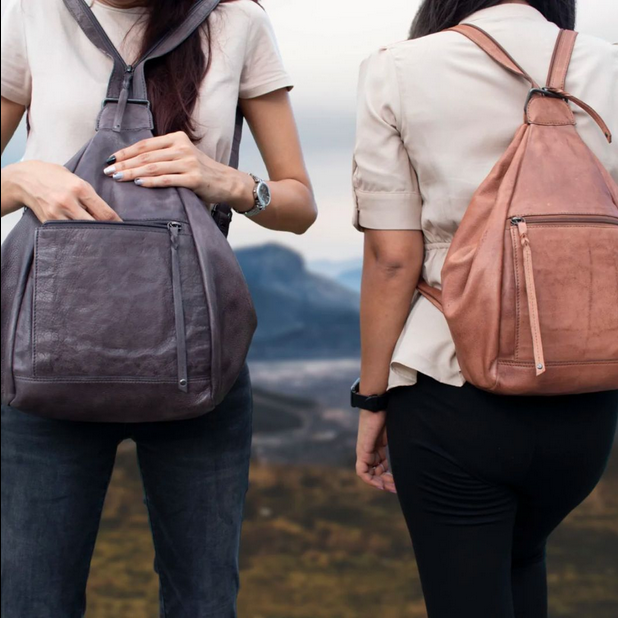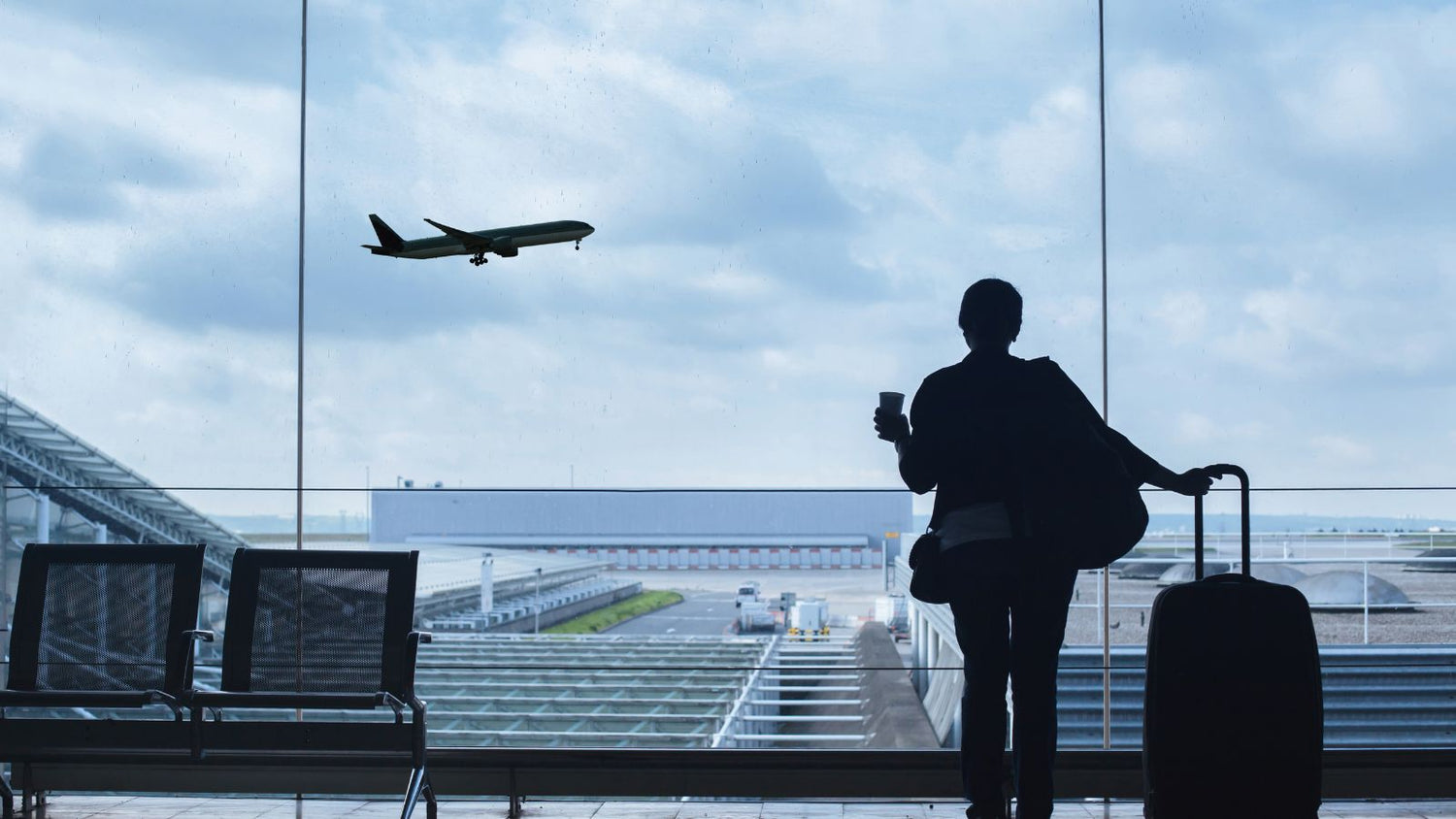Traveling to new cities and exploring unfamiliar places is an exciting adventure, but it also comes with its own set of challenges, especially when it comes to staying safe. Being aware of your surroundings, understanding local customs, and taking certain precautions can significantly reduce the risks and make your travel experience both enjoyable and secure. Here's a comprehensive guide on how to stay safe while navigating new cities and unfamiliar territories.
1. Research Before You Go
Knowledge is Power: Before you set foot in a new city, research the area. Look up safe neighborhoods, common tourist scams, and local emergency numbers. Websites like TripAdvisor and Lonely Planet, along with local government and tourism sites, can provide valuable insights.
2. Stay Connected
Local SIM or International Plan: Ensure you have a working phone to make emergency calls or use GPS. Buying a local SIM card or opting for an international plan can keep you connected.
Inform Someone of Your Plans: Always let someone know your itinerary. Whether it's a friend back home or your accommodation host, keep them updated on your whereabouts.
3. Be Smart About Your Accommodation
Choose Wisely: Book accommodations with good reviews and in safe areas. Platforms like Airbnb and Booking.com allow you to read reviews from previous guests.
Safety Features: Check if your accommodation has safety features like 24/7 reception, security cameras, and secure locks.
4. Blend In
Avoid Looking Like a Tourist: Dress like the locals and try not to stand out with flashy jewelry or backpacks that scream "tourist." Blending in can make you less of a target for thieves.
Map Out Your Route: Avoid looking lost with a map in your hand. Plan your route beforehand, or use your smartphone discreetly to navigate.
5. Be Cautious With Your Belongings
Secure Your Valuables: Use hotel safes for important documents and valuables. When out and about, keep your belongings secure and within sight. Anti-theft backpacks or bags that go across your body can be helpful.
Digital Backups: Have digital copies of important documents like your passport, ID, and insurance. Store them securely online.
6. Trust Your Instincts
Safety Over Politeness: If a situation or person makes you feel uncomfortable, trust your gut and remove yourself from that environment. It's better to be safe and appear rude than to ignore your instincts.
7. Learn Basic Self-Defense
Stay Prepared: Knowing basic self-defense techniques can be invaluable. Consider taking a class before you go, or at least familiarize yourself with some basic strategies to ward off an attacker.
8. Use Reputable Transportation
Verified Services: Use well-known and verified transport services. Apps like Uber or Lyft can be safer than hailing cabs off the street because they provide details about the driver and allow you to share your ride status with friends or family.
9. Be Aware of Common Scams
Educate Yourself: Learn about common scams in the area. Whether it's a too-good-to-be-true deal or a distraction tactic, being aware can help you avoid becoming a victim.
Traveling to new places is about experiencing different cultures and exploring the unknown. While it's important to immerse yourself in these new experiences, your safety should always come first. By taking these precautions, you're not limiting your adventure—you're ensuring that your travels are memorable for all the right reasons. Stay safe, and enjoy your journey!










Leave a comment
This site is protected by hCaptcha and the hCaptcha Privacy Policy and Terms of Service apply.